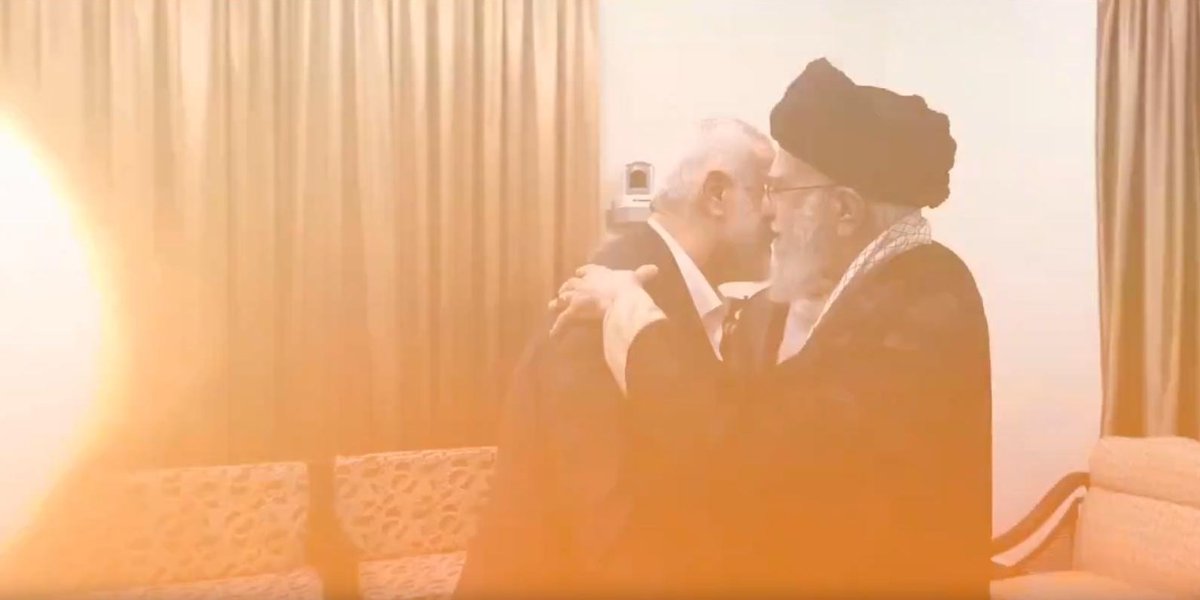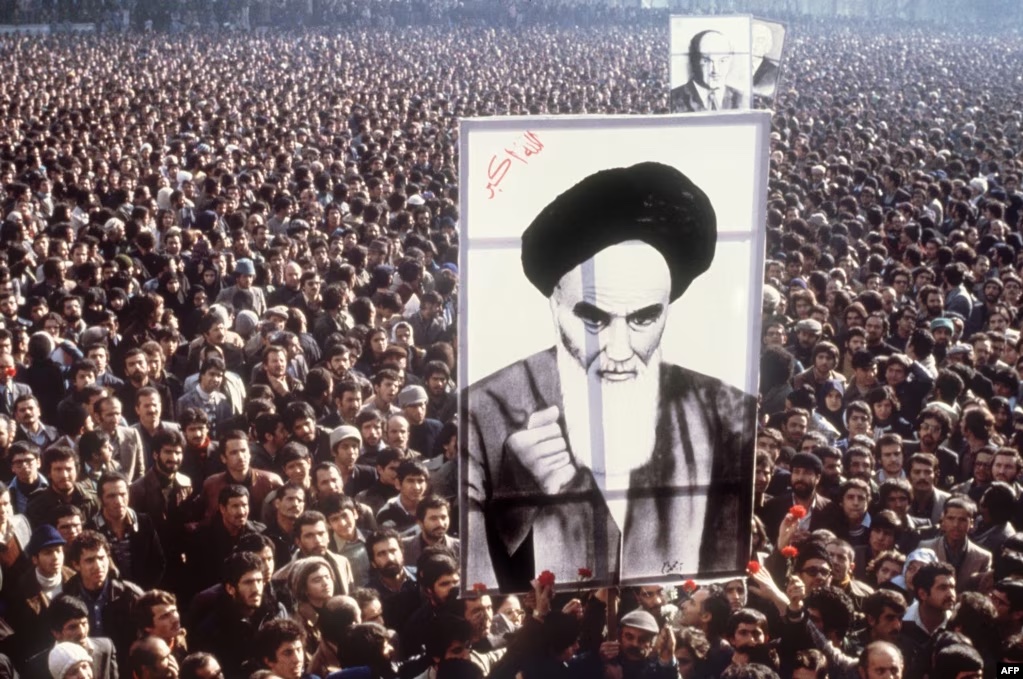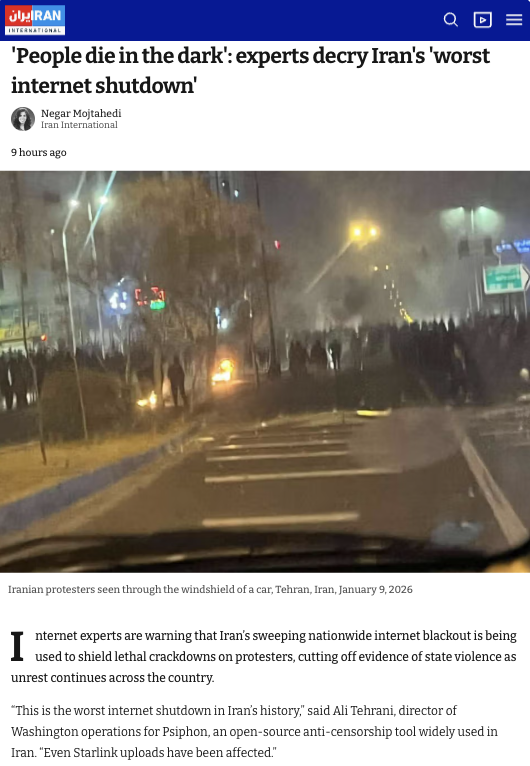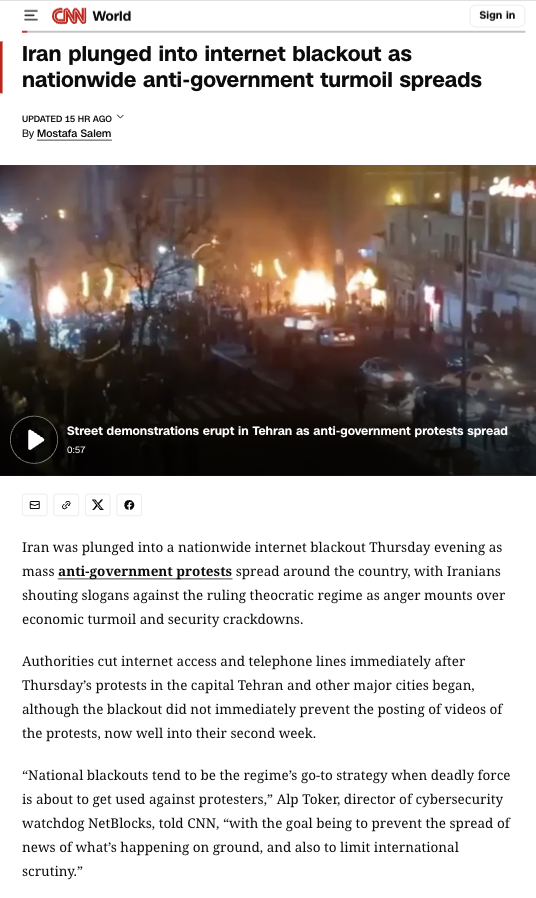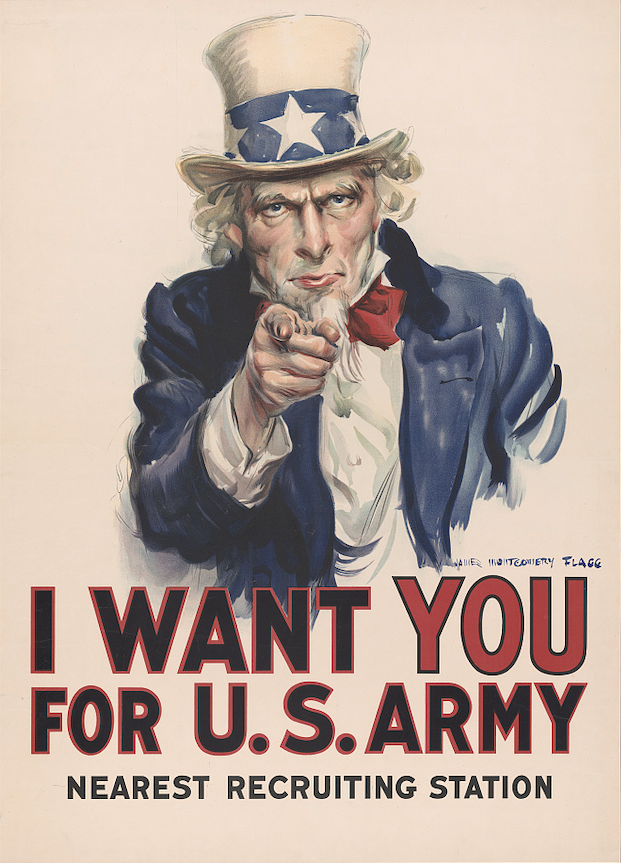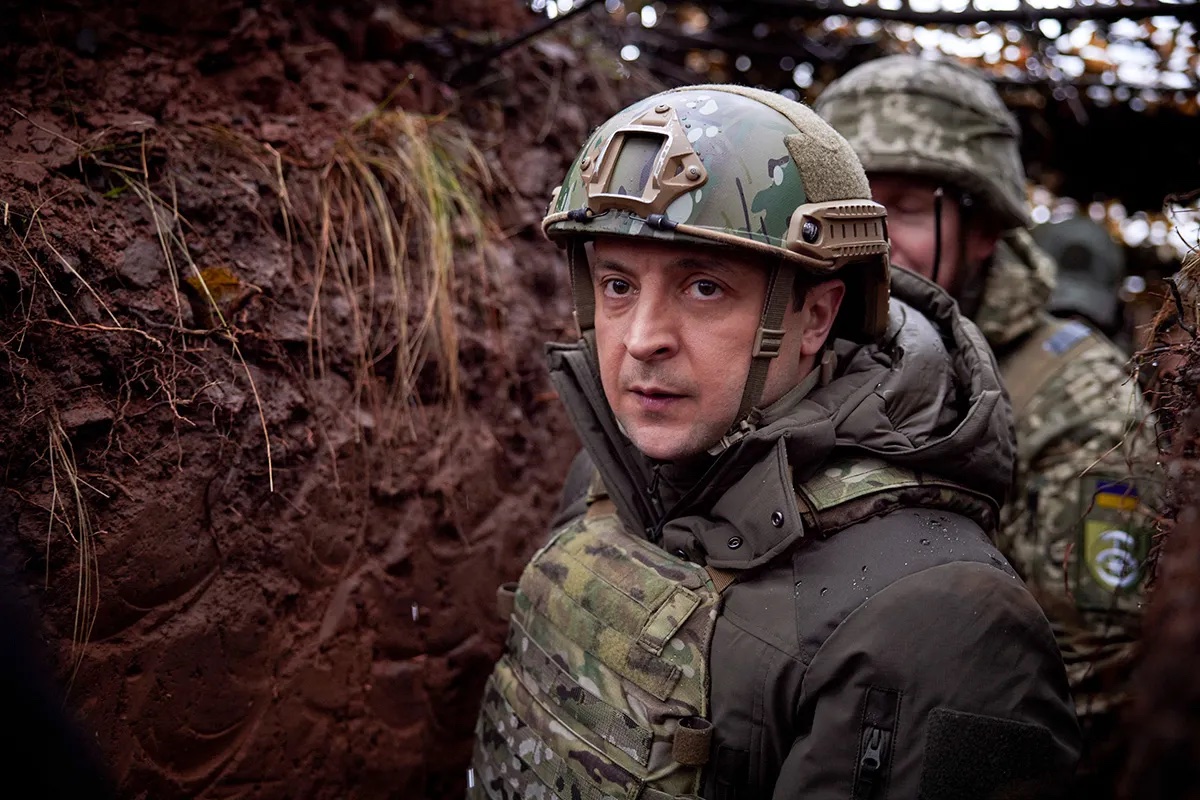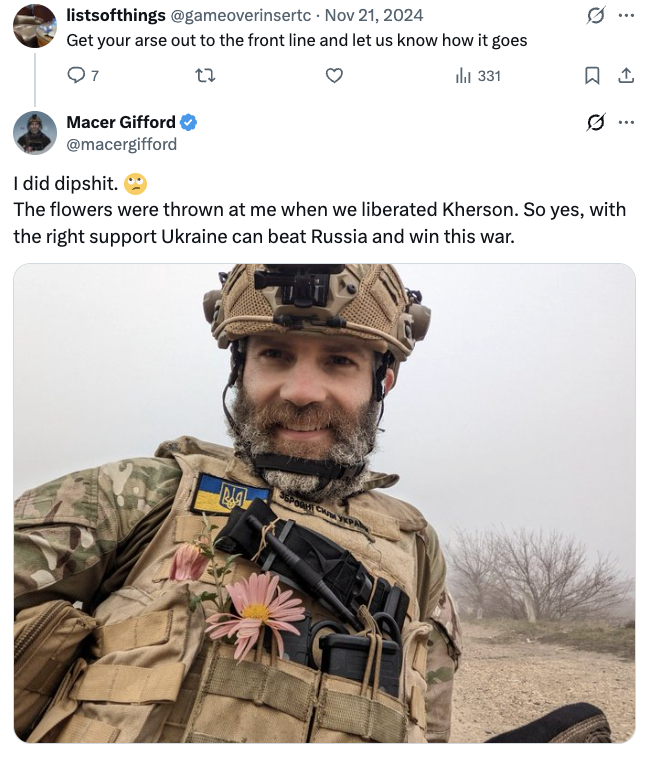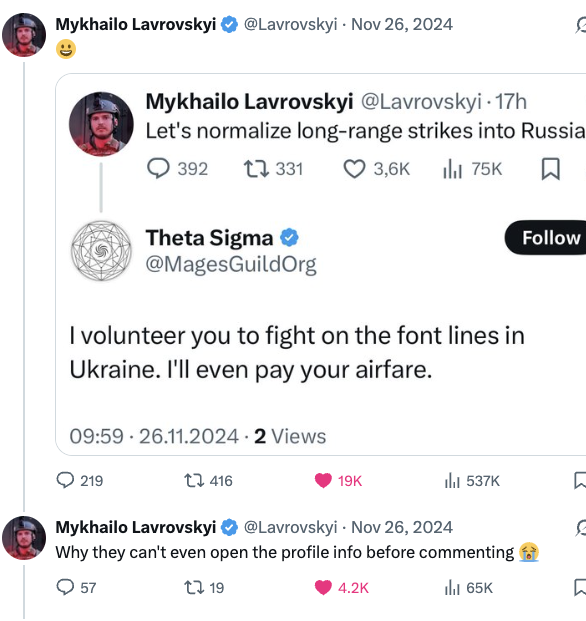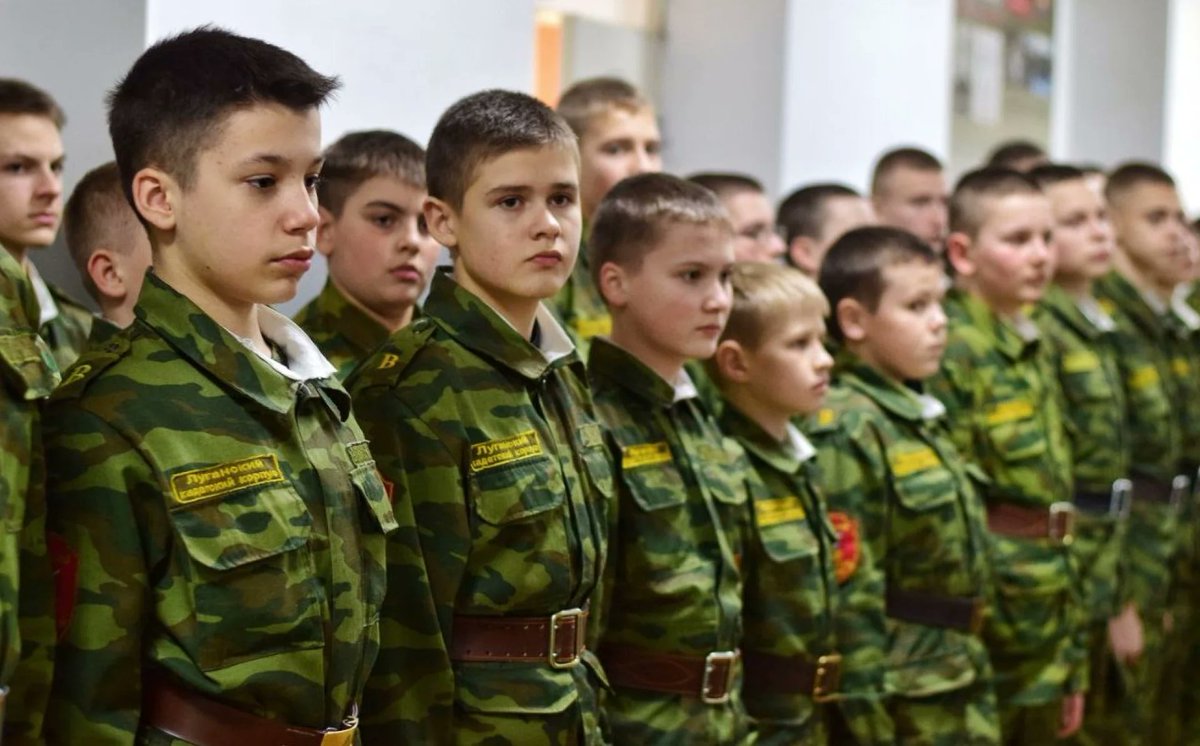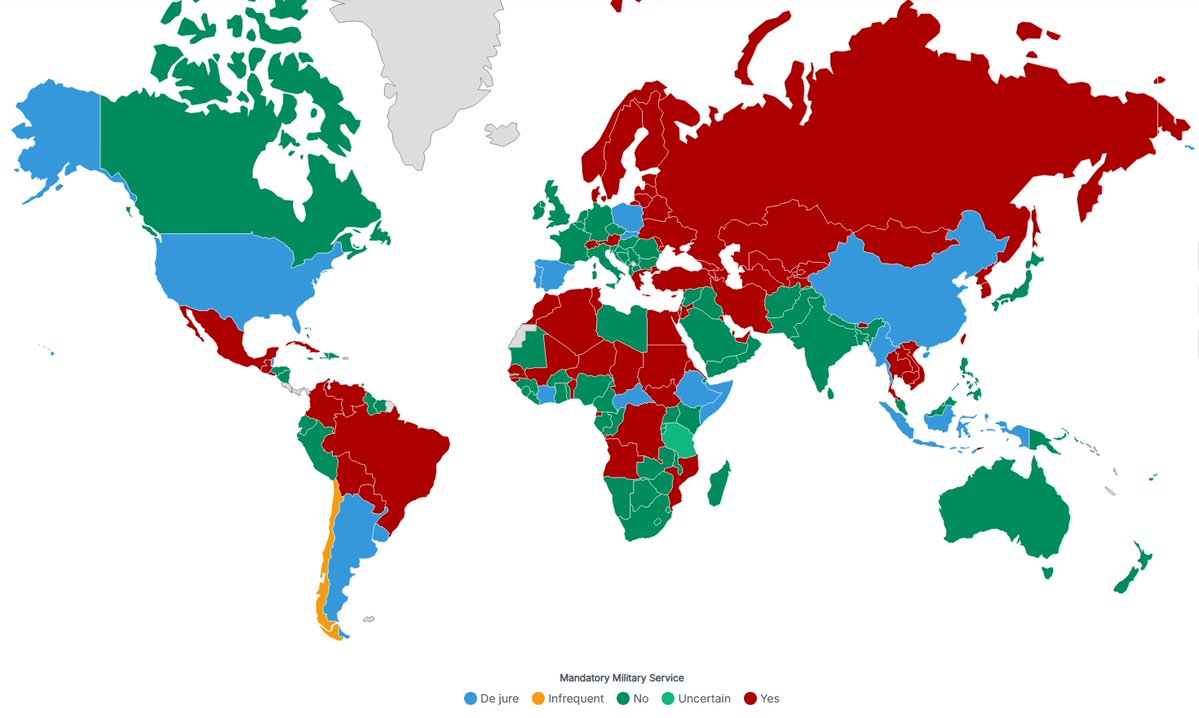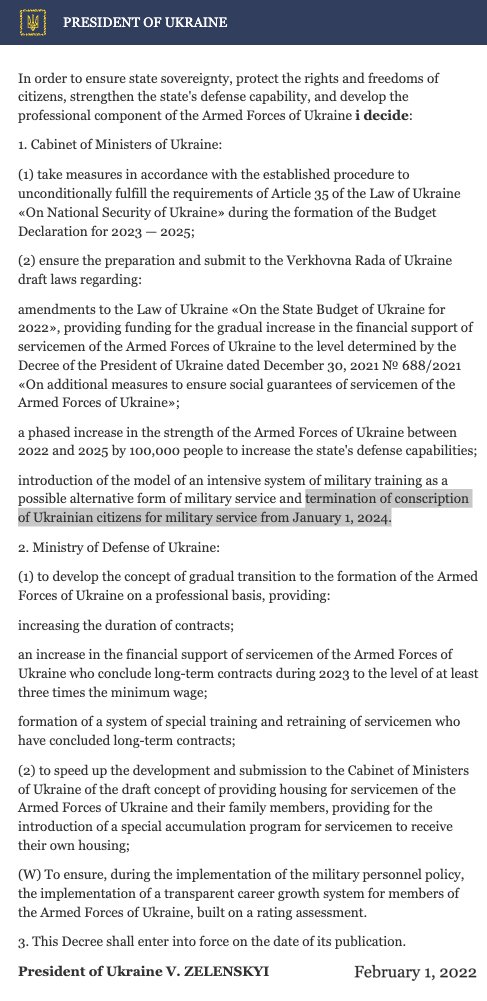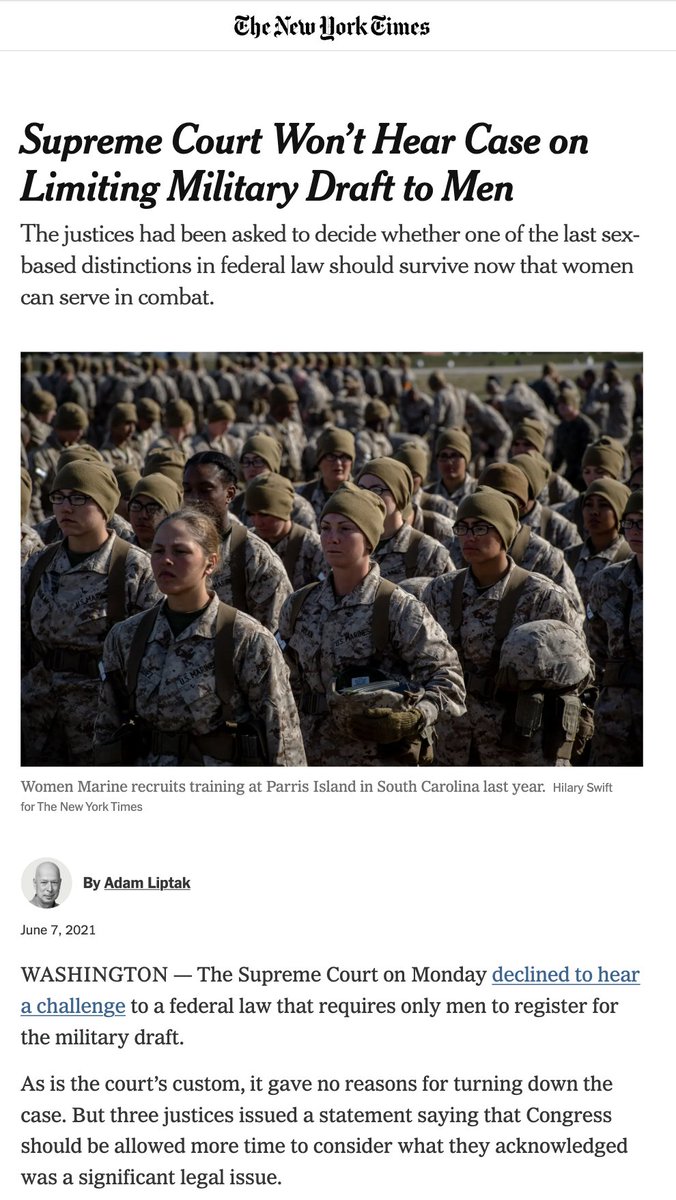In today's #vatniksoup I'll introduce a Norwegian political scientist and pro-Russian propagandist, Glenn Diesen (@Glenn_Diesen). He is best-known for his promotion of pro-Russian propaganda on RT and for his articles on conspiratorial, "anti-globalist" blog Steigan.
1/18
1/18

Glenn is widely known as a regular commentator on RT, and Swedish journalist and writer Patrik Oksanen (@patrikoksanen) has referred to him as being "part of the Russian propaganda machinery".
2/18
2/18

A Norwegian human rights activist, Aage Borchgrevink (@AageB) has said that Diesen plays "an important role in RT as the Western expert", providing him legitimacy as a Kremlin mouthpiece.
3/18
3/18

Borchgrevink also described Diesen's writings as "unreliable" and their factual basis "doubtful", making them a perfect fit for both RT and Sputnik. He's also member of the Moscow-based think tank, The Valdai Discussion Club.
4/18
4/18

Glenn's actively trying to control the narrative on his own Wikipedia page,despite his obvious conflict of interest.With his account,Gead1979,he's been trying add claims such as being "famous for developing a geoeconomic concept", but other editors have called out on his BS.
5/18



5/18




Diesen's talking points revolve around "multipolarity" of the world, heavily focusing on anti-US and anti-NATO rhetoric. By his view, the US is heading into economic catastrophe whereas its opponents, especially Russia and China, are thriving.
6/18
6/18
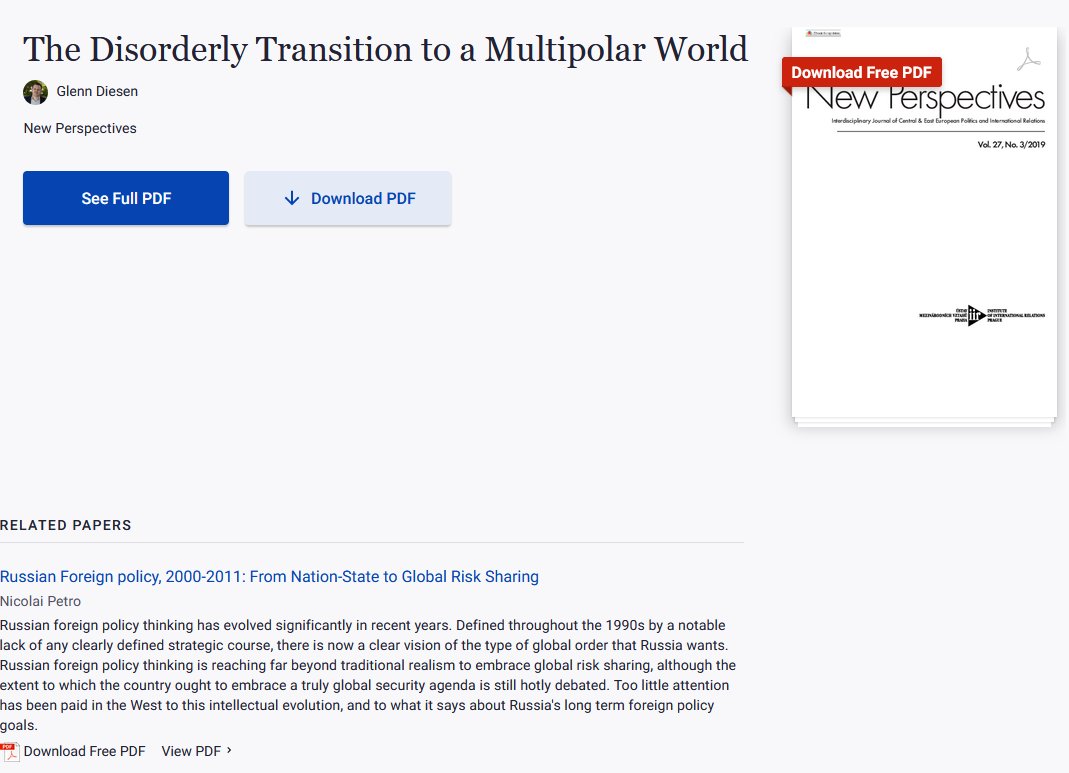
In his first article for Steigan, he discussed how the information war waged by the West against Russia threatens academic freedom, warning that "we should be very critical of how the information war affects both Russian and Western media coverage", and continuing...
7/18
7/18

...that "it is not the job of academics or journalists to polarize the policing as pro- or anti-Russia". Yet, this is exactly what he's doing as a Russian propagandist in his articles and on his podcast.
8/18

8/18

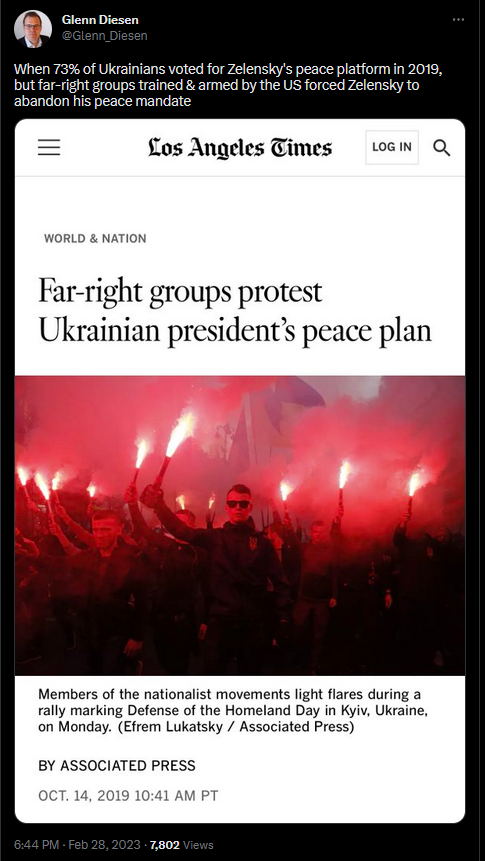
Glenn Diesen has a small YouTube/Rumble channel where he does regular interviews with people who share his views. For example in Feb 2023, he invited the old man Chomsky to talk about propaganda in the "Ukrainian Proxy War".
9/18
9/18

Other people he's interviewed are very much in the "vatnik" category, including Douglas Macgregor, Karin Kneissl and Scott Ritter. As you can already guess, these talks contain little to no critical views on Russia's actions and politics.
10/18



10/18

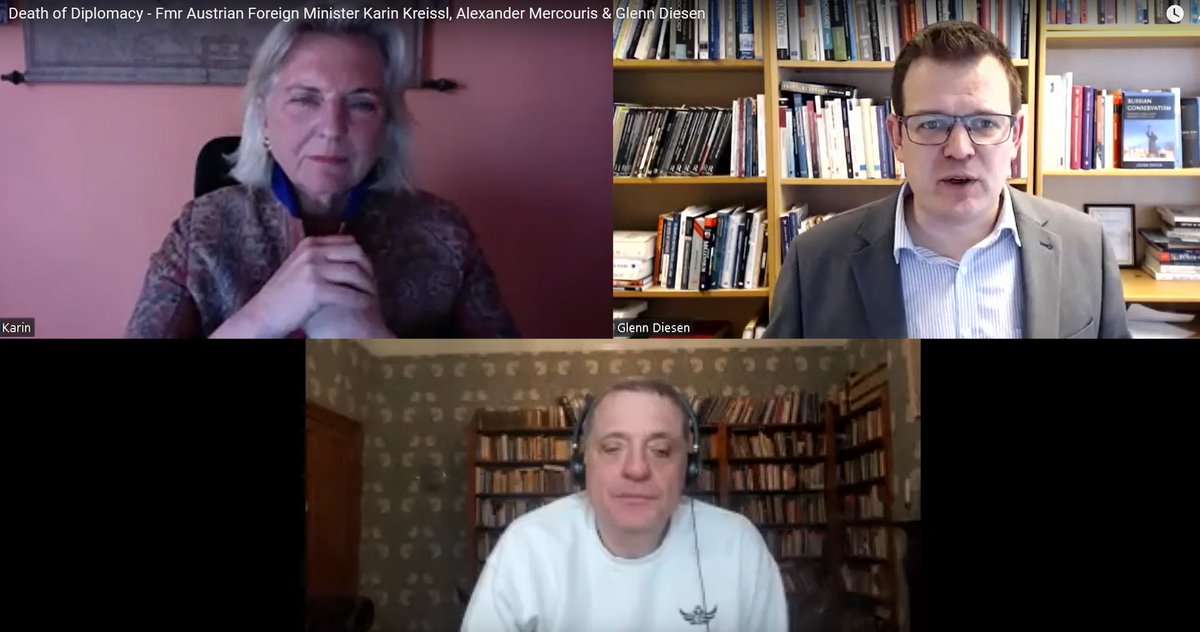


When talking about Ukraine, Glenn often refers to it as a "divided" country, referring to the Ukrainian presidential election map from 2010. I can post maps too: Here's the Ukrainian Independence Referendum from 1991. Also, check this other map on ethnicities inside Russia.
11/18


11/18



Glenn's naturally talked about the Revolution of Dignity being a "NATO-backed coup d'etat" that was "not supported by the majority of Ukrainians". "Meddling" of Victoria Nuland, involvement of far-right groups, it's all there.
12/18
12/18

I guess Mr. Diesen hasn't heard about Russia's interference in EVERY Ukrainian election or about Yanukovych's plans of becoming the new Lukashenko in Ukraine:
13/18
https://twitter.com/P_Kallioniemi/status/1635273860923916288
13/18
In 2020, Diesen collaborated with KGB agent Arne Treholt to write an op-ed for the Norway's largest printed newspaper, Aftenpost. Treholt was arrested for espionage on behalf of the USSR in 1984, and was convicted to 20 years in prison.
14/18
14/18

Following Treholt's arrest, he was described as "the greatest traitor to Norway since Quisling", and his espionage has been seen as the most serious spy case in Norway's modern history.
15/18
15/18

In Jun 2022, Glenn published a book called Russophobia: Propaganda in International Politics. "Russophobia" is a Kremlin-made and spread term to deflect any criticism towards the Russian hostilities and meddling, ...
16/18
16/18

...and it was highly popular during the Orange Revolution of 2004 and after the Russian invasion of Feb 2022. The book can now be bought at "reduced price" for only 100 USD, in case you're interested.
17/18
17/18

So,it all there: Ukrainian nazis,proxy war, Russian "legitimate interests and security needs","multipolar world", Russophobia,sanctions hurting the West.. Glenn wants to pose as a "neutral commentator" on the war,but it's very clear that he's just another Kremlin mouthpiece.18/18 


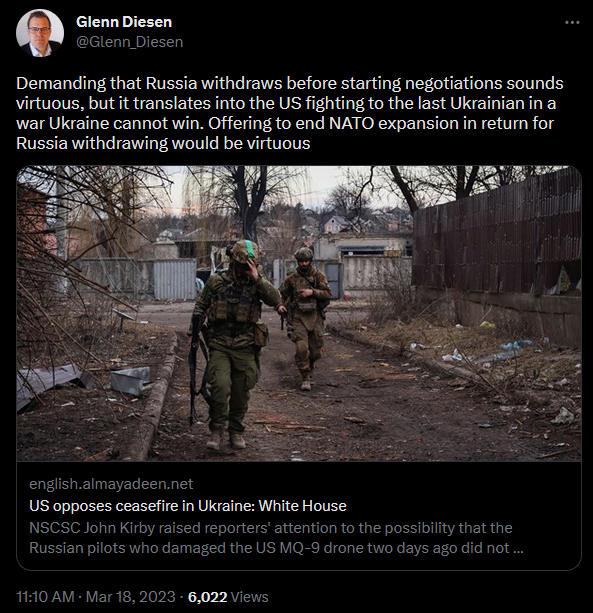
Support my work: buymeacoffee.com/PKallioniemi
Past soups: vatniksoup.com
Related soups:
Karin Kneissl:
Douglas Macgregor:
Scott Ritter:
The Revolution of Dignity:
Past soups: vatniksoup.com
Related soups:
Karin Kneissl:
https://twitter.com/P_Kallioniemi/status/1636374572672090113
Douglas Macgregor:
https://twitter.com/P_Kallioniemi/status/1609831498156331008
Scott Ritter:
https://twitter.com/P_Kallioniemi/status/1621048526498336768
The Revolution of Dignity:
https://twitter.com/P_Kallioniemi/status/1635211581868085250
• • •
Missing some Tweet in this thread? You can try to
force a refresh


